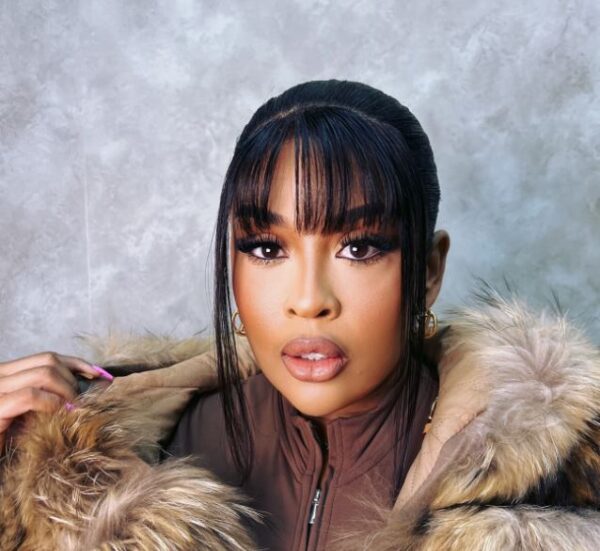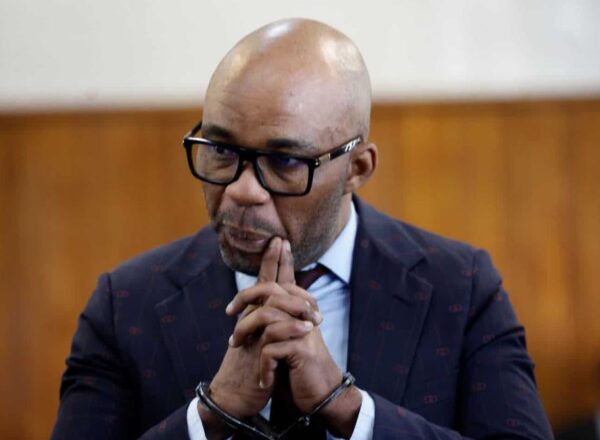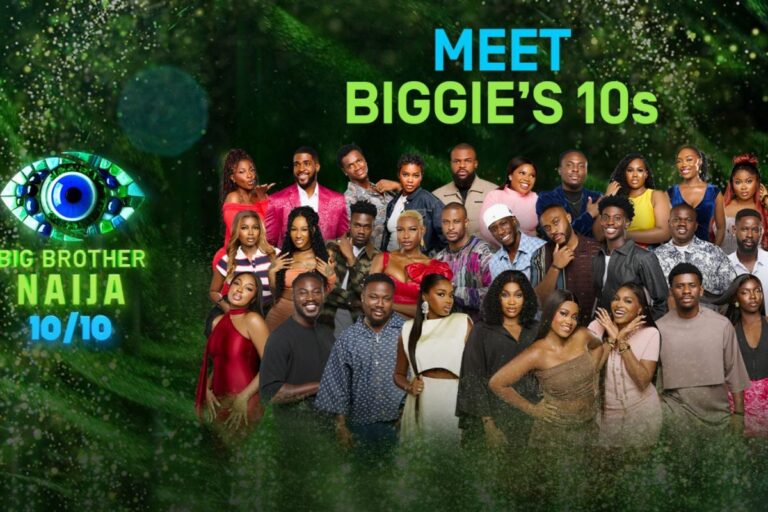
Ntsiki Mazwai Declares ‘No’ to Helen Zille’s Mayor Bid for Johannesburg
In a fervent social media message, Ntsiki Mazwai has called on South Africans to oppose Helen Zille’s bid for Johannesburg mayor, labeling her a “white supremacist.” Zille, 74, aims to revive the city, previously declaring her intentions last week. Mazwai warns that electing Zille would be detrimental to the city’s black community, further igniting debates on leadership and representation in South Africa.
NTSIKI MAZWAI: A STRONG REJECTION OF ZILLE
Ntsiki Mazwai utilized her platform to vehemently oppose Helen Zille’s candidacy for Johannesburg mayor, claiming, “We cannot afford to have Helen Zille as mayor of Johannesburg.”
Mazwai characterized Zille as a ‘white supremacist,’ alleging that her governance in the Western Cape led to severe mistreatment of the black population, stating, “They live in terrible conditions.”
She further criticized Zille’s political experience, suggesting that her leadership would worsen conditions for the black community in Johannesburg, calling it “a huge and frightening mistake.”
WE DON’T WANT HELEN ZILLE AS THE MAYOR OF jHB!!!!!!
— NtsikiMazwaiMedia (@ntsikimazwai) June 9, 2025
That would be a huge and scary mistake which would impact the black masses negatively. pic.twitter.com/91jxo1W0uM
SUPPORT FOR HELEN ZILLE: A DIVIDED CITY
Despite Ntsiki Mazwai’s warnings, several public figures have expressed support for Helen Zille, asserting that she represents a viable alternative for Johannesburg’s leadership, as highlighted by author Khaya Dlanga.
Prominent activists, including Adam Habib, have defended Zille, emphasizing her capability to address critical urban issues, like infrastructure and governance, saying, “No one else has delivered it. Zille can!”
Public sentiment appears divided, with some celebrities, like actor Siv Ngesi, acknowledging the city’s challenges and contemplating whether Zille’s experience could rectify these issues.
In summary, Ntsiki Mazwai’s vehement opposition to Helen Zille’s mayoral ambitions for Johannesburg echoes a larger debate about race, power, and governance in South Africa. As a passionate advocate for marginalized communities, Ntsiki represents a faction of society wary of repeating past mistakes. Her assertion that Zille embodies white supremacy sparks critical discourse around the necessary leadership that aligns with the needs of Johannesburg’s diverse population. Ultimately, the upcoming vote not only influences the future of the city but serves as a litmus test for the broader societal values South Africans wish to uphold.
Let us know your thoughts by leaving a comment below!
Don’t forget to share this article with others who may find it helpful.




